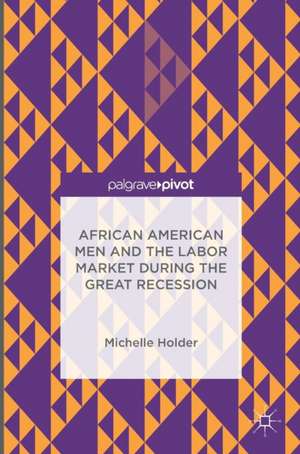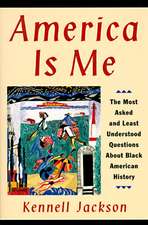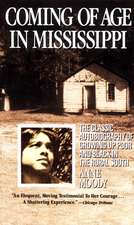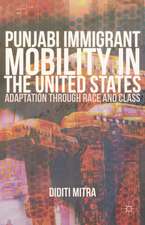African American Men and the Labor Market during the Great Recession
Autor Michelle Holderen Limba Engleză Hardback – 3 noi 2016
Preț: 481.58 lei
Nou
Puncte Express: 722
Preț estimativ în valută:
92.16€ • 95.86$ • 76.08£
92.16€ • 95.86$ • 76.08£
Carte tipărită la comandă
Livrare economică 14-28 aprilie
Preluare comenzi: 021 569.72.76
Specificații
ISBN-13: 9781137563101
ISBN-10: 1137563109
Pagini: 112
Ilustrații: XVII, 95 p. 2 illus. in color.
Dimensiuni: 148 x 210 x 13 mm
Greutate: 0.27 kg
Ediția:1st ed. 2017
Editura: Palgrave Macmillan US
Colecția Palgrave Macmillan
Locul publicării:New York, United States
ISBN-10: 1137563109
Pagini: 112
Ilustrații: XVII, 95 p. 2 illus. in color.
Dimensiuni: 148 x 210 x 13 mm
Greutate: 0.27 kg
Ediția:1st ed. 2017
Editura: Palgrave Macmillan US
Colecția Palgrave Macmillan
Locul publicării:New York, United States
Cuprins
1. The Position of African American Men in the US Labor Market Prior to the Great Recession for the Years 2002-2006.- 2. African American Male Unemployment during the Great Recession in Comparison to Other Demographic Groups and Theoretical Considerations.- 3. African American Men’s Decline in Labor Market Status during the Great Recession.- 4. The Role of Policy in Improving African American Male Vulnerability in the Labor Market Where African American Men Stand Post-Recession in the Labor Market: Economic Theories Underlie Advocacy Efforts and Policy Approaches.
Notă biografică
Michelle Holder is Assistant Professor at John Jay College, City University of New York, USA. Prior to joining academia, she worked as an applied economist. Her reports have received coverage by The Wall Street Journal, The Washington Post, El Diario, and the New York Amsterdam News. Holder possesses a PhD from the New School for Social Research and a BA from Fordham University, both in economics.
Textul de pe ultima copertă
This book analyzes the status and position of African American men in the U.S. labor market prior to, during, and after the Great Recession. Using a model of occupational crowding, the book outlines how the representation of African American men in major occupational categories almost universally declined during the recent recession even as white non-Hispanic men were able to maintain their occupational representation in the face of staggering job losses. Using US Census Bureau data, this book illustrates how African American men sought to insulate their group from devastating job losses by increasing their educational attainment in a job market where employers exercised more leverage in hiring. However, this strategy was unable to protect this group from disparate job losses as African American men became further marginalized in the workforce during the Great Recession. Policy approaches to address high African American male unemployment are outlined in the final chapter.
Michelle Holder is Assistant Professor at John Jay College, City University of New York, USA. Prior to joining academia, she worked as an applied economist. Her reports have received coverage by The Wall Street Journal, The Washington Post, El Diario, and the New York Amsterdam News. Holder possesses a PhD from the New School for Social Research and a BA from Fordham University, both in economics.
Caracteristici
Provides a multi-dimensional background on the average African American male worker Uses descriptive statistics to show the disproportional impact of the Great Recession Discusses how public policy can mitigate the effects of economic downturns


















